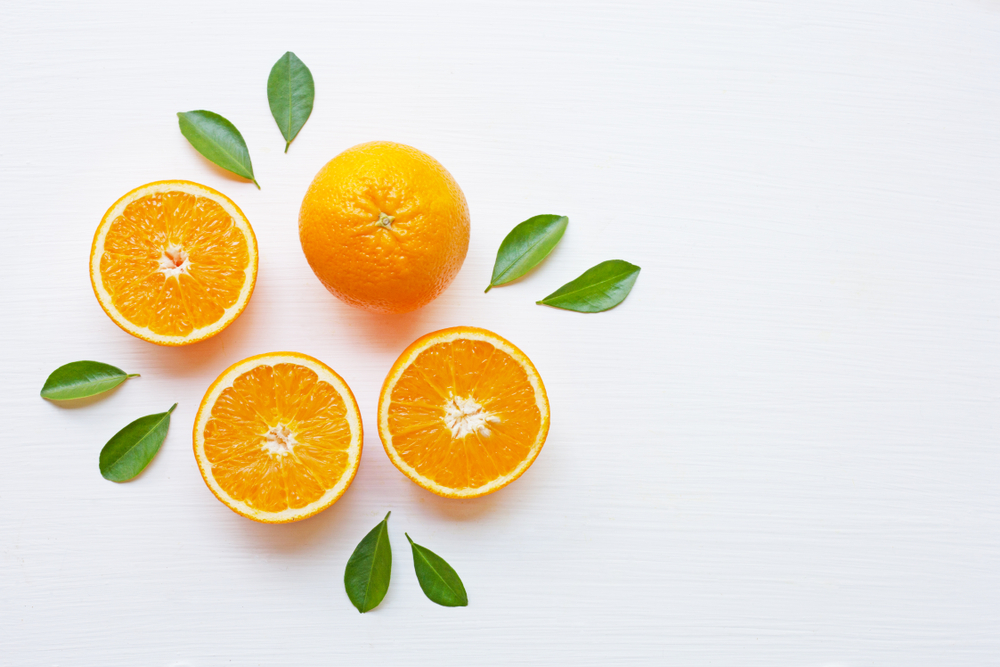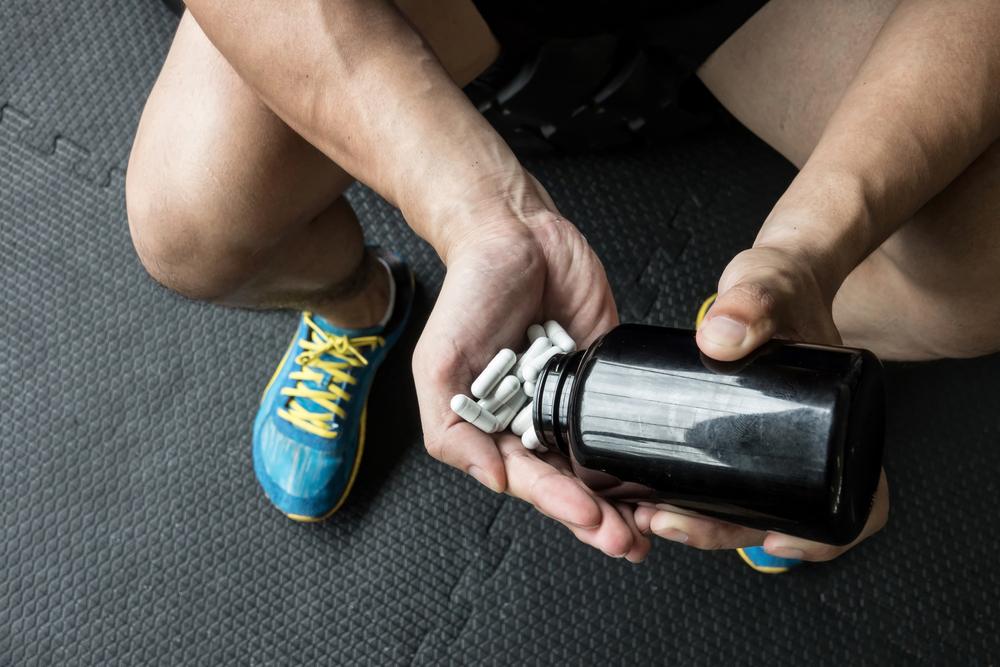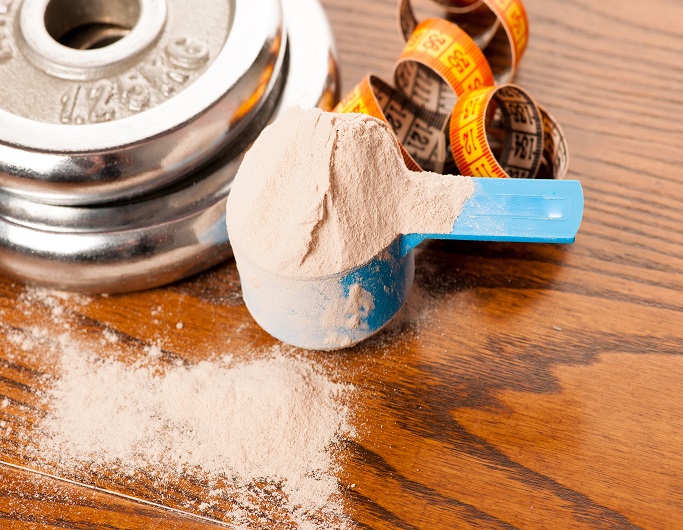
The Basics Of Vitamins Explained
When looking to improve athletic performance, bulk up or lose fat people will often concentrate on their macronutrient intake (protein, carbohydrates and fats) and pay very little attention to their vitamin and mineral intake. But it’s important to remember that our bodies are made up of millions of cells that heavily rely on specific biochemical reactions to enable proper maintenance and growth and these reactions rely heavily on you consuming the right micronutrients (vitamins and minerals). So although they’re needed in much smaller amounts compared to macronutrients, they’re still important and so for that reason we’ve detailed some of the key ones below and explained how they can help you and your training.
Vitamin A
Found in egg yolk, whole milk, butter and liver this particularly vitamin is needed to promote the repair and growth of body tissues and is needed for protein synthesis. It also plays a role in glycogen synthesis, which is key for muscle cell fullness and size as well as recovery.
Vitamin B1
Found in oranges, peas, lima beans and pork vitamin b1 is needed for protein metabolism and growth and is also involved in the formation of haemoglobin and so is integral to transporting oxygen to the working muscles during exercise. It’s also needed to ensure the nervous system functions efficiently, which is absolutely key for healthy muscle contractions and strength.
Vitamin B6
Found in bananas, liver, chicken, beef, tuna, salmon, broccoli, carrots, eggs and peanut butter this again plays a role in protein metabolism, growth and carbohydrate utilisation. But interestingly some sports nutritionists state that the more protein you have in your diet the more vitamin b6 you require since it’s directly related to protein intake and absorption, this is obviously of particular importance to bodybuilders and strength athletes.
Vitamin C
Found in lime, lemon, oranges, strawberries, pineapple, sweet peppers, broccoli, spinach and tomatoes, vitamin c has been shown to enhance important components of the immune system, which is essential to athletes when they’re training hard because their immune systems could become badly affected. It’s also been shown to decrease cortisol levels (the stress hormone) that may become elevated after a hard training session and is an antioxidant, which protects our muscles cells from harmful free radicals that develop after training. Lastly it makes iron available for haemoglobin synthesis and is involved with amino acid metabolism, especially the formation of collagen and can help connective tissues that may be put under stress from heavy weight training.
Calcium and Vitamin D
Calcium is found in milk, cheese, yoghurts and vitamin d is found in milk, butter, herring, salmon, egg yolks and tuna. Vitamin D plays a crucial role in the absorption of calcium, which is why both are considered essential for bone health. Vitamin D also plays a role in the absorption of phosphorus and in maintaining its concentration in the blood. Phosphorous is required for the synthesis of adesoine triphopshate via the breakdown of creatine phosphate and so adequate Vitamin D is essential to supporting our ATP energy system which is needed for all forms of strength and speed training.
Iron
Found in red meat, cashew nuts, green beans, broccoli and spinach, iron is a mineral that’s absolutely essential for transporting oxygen to the working muscles as it is a component of haemoglobin, the oxygen carrying component of the blood. It also forms myoglobin, the oxygen store in our muscles. So put simply, if the oxygen availability of the muscles is reduced, so too is the quality of your training and consequently long term muscle growth is less than optimal.
Magnesium
Found in cashew nuts, pine nuts, peanuts and spinach magnesium plays a key role in insulin sensitivity and glucose tolerance. What this means is that magnesium improves insulin sensitivity which in turn means your body is better able to process carbohydrates without turning them into fat, therefore especially important for those looking to lose fat. It’s also needed for deep sleep and relaxation, which is so important for recovery from training..
Zinc
Found in beef, lamb, chicken, oysters and veal zinc is an essential part of more than 100 enzymes involved in metabolism, digestion, wound healing and even reproduction. Also more importantly for male athletes it’s also been shown to inhibit levels of aromatase in the body so that natural testosterone levels will remain high and not converted to oestrogen and it’s also been found to stimulate the pituitary gland to produce luteinising hormone which in turn causes the testes to produce testosterone







No Comments yet!